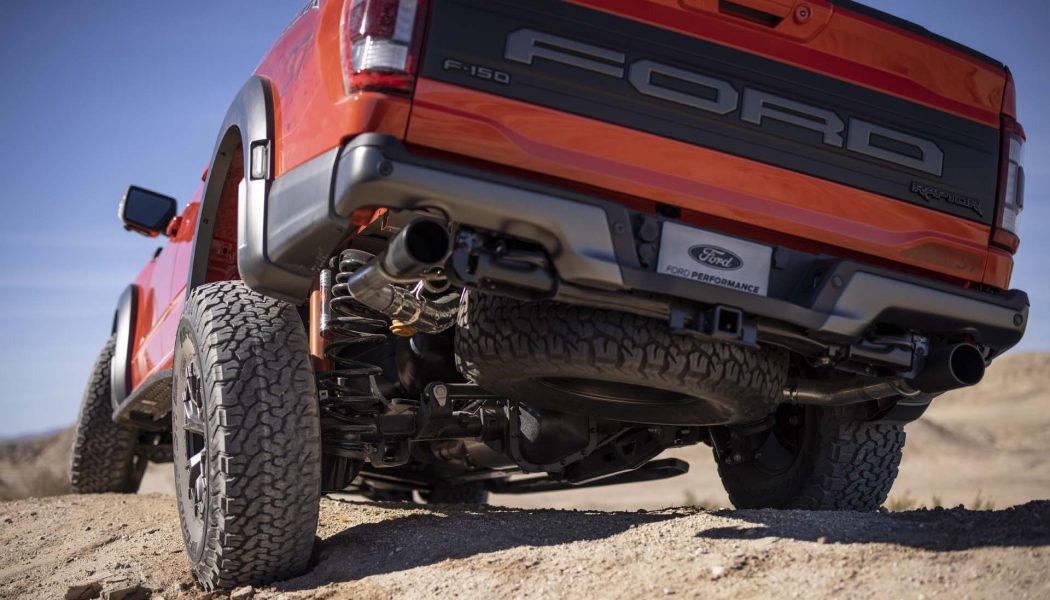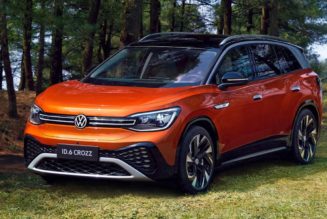General Motors is planning to spend $27 billion from 2020 to 2025 on electric and autonomous vehicles and technology. This includes launching 30 EVs globally, with two-thirds of these models set to be available in North America.
During a call with investors to report fourth-quarter and full-year 2020 earnings, chief executive officer Mary Barra hammered the message home again that GM’s EV push is very real.
If You’re Not First, You’re Last
Barra said GM’s success means taking the top spot in EV market share in North America—in other words, kicking Tesla’s butt. By mid-decade, GM aims to sell more than a million electric vehicles per year in North America and China.
Success also means GM’s battery-powered vehicles will be as—or more—profitable than vehicles with combustion engines. GM’s new Ultium battery system has made great strides in reducing costs and engineers are already working on the next generation setup, which will cut costs even further, Barra said.
Cadillac Leads the EV Charge
Cadillac, which is the brand that will lead GM’s EV onslaught, also has a full-size SUV in the works (think electric Escalade), more crossover SUVs, and some “low-roof entries”.
Still to come for the Chevy brand are a full-size electric pickup truck, more crossover SUVs, and “low roof entries”, the latter of which we assume will wear a Corvette badge.
Put Up or Shut Up
GM plans to spend $9-$10 billion on new vehicles this year. About two-thirds of that capital expenditure will go to electric and autonomous vehicles, Barra said. By comparison, Toyota spends about 40 percent of its research and development budget on EVs.
A joint venture with LG Chem, called Ultium Cells LLC, is resulting in the building of a nearly 3,000,000-square-foot plant in Lordstown, Ohio. It will make millions of battery cells each year for these future GM vehicles.
GM Hydrotec is the latest iteration of the work that has never ceased on fuel-cell vehicles. GM partnered with Honda to develop fuel-cell vehicles and is also working with Navistar to have fuel-cell vehicles on the road in 2024.
No Way, Norway
GM’s latest ad campaign promotes the company’s commitment to EVs. One of the ads features actor Will Ferrell hating on Norway for its EV leadership. Barra, laughing, explained she does not hate Norway, she admires its efforts.
Don’t fret, because GM will continue to leverage its conventional platforms, including the trucks and SUVs that generate healthy profits today, Barra assured callers. Going forward, however, the automaker will spend more on battery-powered vehicles, an area that Barra sees future growth and partnership opportunities.
GM reported a net income of $2.8 billion in the fourth quarter of 2020, contributing to the full year’s $6.4 billion net income. North America accounted for $9.1 billion (excluding interest and taxes) of that, with an impressive profit margin of 9.4 percent, despite the pandemic. Cruise provided $900 million in income.
One headwind in 2021 is the industry-wide semiconductor chip shortage. GM has stopped production at three North American plants that make less popular vehicles and expects to make up lost production in the second half of the year. Where necessary, vehicles will be built with missing components and will be finished when the necessary parts are available. The shortage is expected to be temporary but will cost the company as much as $2 billion in lost production in the interim, chief financial officer Paul Jacobson said.










